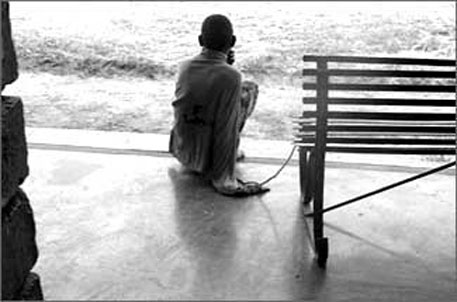
Psychiatric Advance Directives Make Sense: You should have one!
If you have read my book, this blog, or heard me speak, then you know that the first time my son became psychotic, I raced him to a hospital emergency room. Mike (his name in the book) was delusional, but he didn’t believe anything was wrong with him, and he was convinced that all “pills were poison” so he refused treatment. The emergency room doctor told me that he could not intervene until Mike became an “imminent danger” either to himself or others. That was the law in Virginia at that time.
My son had a right to be “crazy.”
Forty-eight hours later, he was arrested after he broke into an unoccupied house to take a bubble bath.
The second time Mike became psychotic, I waited until he became dangerous and what happened? Our local mobile crisis team refused to come help me, the police were called, and Mike was shot with a Taser.
As a father, those two situations frustrated and enraged me. What I didn’t know at the time was there was an alternative that could have helped Mike and possibly prevented what had happened to us.
It’s called a Psychiatric Advance Directive and this week, I received a wonderful email from my state National Alliance on Mental Illness chapter telling me that PADs, as they are known, are becoming more common in my home state of Virginia.






